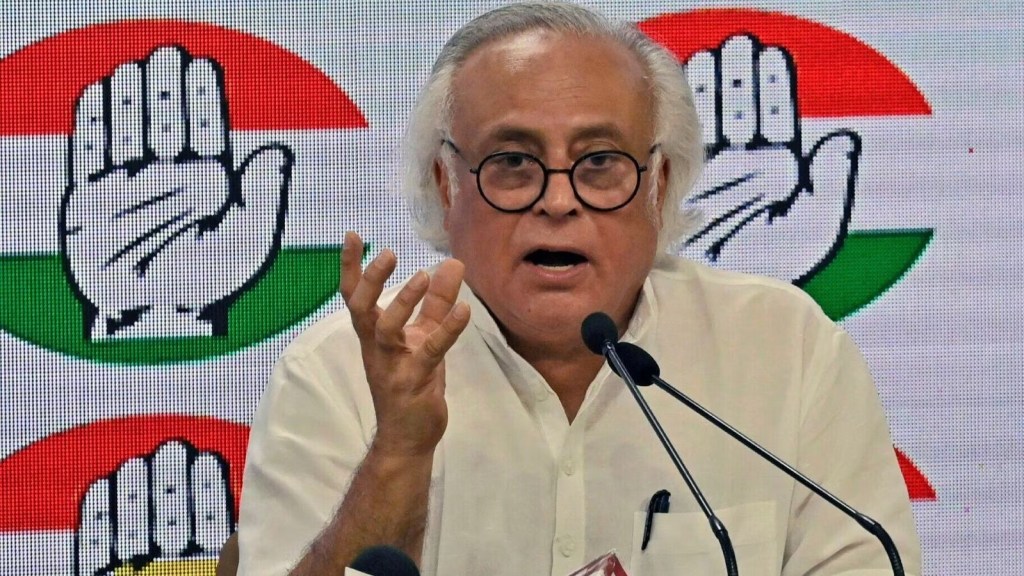The Congress Party criticised Prime Minister Narendra Modi on Thursday, accusing him of lacking a vision to address what they describe as an “unprecedented unemployment crisis” in India.
Congress General Secretary Jairam Ramesh shared a report from the Bank of Baroda, which indicated a slowdown in employment growth within the corporate sector. According to the report, employment growth dropped to 1.5% in the financial year 2023-24 (FY24), down from 5.7% in FY23.
“This is another report showing the failure of this government on the economic front. A total of 2.43 lakh jobs have been lost in the country in 2022-23. There has been massive layoffs in 375 companies,” Ramesh said in his post on X (formerly Twitter) in Hindi, citing the report.
He criticised PM Modi for promising to create two crore (20 million) jobs annually and for claiming that the government would generate 80 million jobs every year. “The reality is that the country is grappling with an unprecedented unemployment crisis,” Ramesh added.
“The self-proclaimed non-biological Prime Minister talks in a hollow manner about giving two crore jobs every year and creating 80 million jobs every year, but the reality is that the country is grappling with an unprecedented unemployment crisis,” he claimed.
The senior Congress leader said, “The most unfortunate thing – the self-proclaimed incarnation of God has no vision to tackle this situation and provide employment to the youth.”
The Congress Party has been vocally critical of the Modi administration’s handling of the economy, focusing particularly on rising unemployment and inflation. The opposition party has frequently accused the government of failing to provide adequate employment opportunities and has questioned the effectiveness of its economic policies.
Ramesh had earlier accused the Modi government of worsening India’s “unemployment crisis” through policies that have harmed job-creating micro, small, and medium enterprises (MSMEs). The party criticized the government for its “Tughlakian” demonetization, poorly implemented Goods and Services Tax (GST), and increased imports from China.


